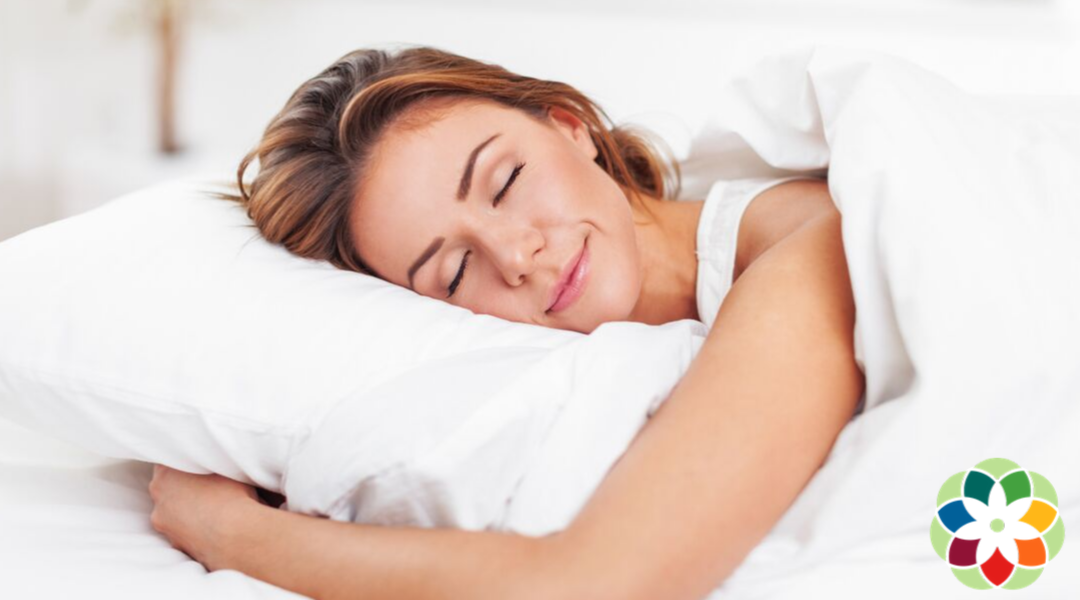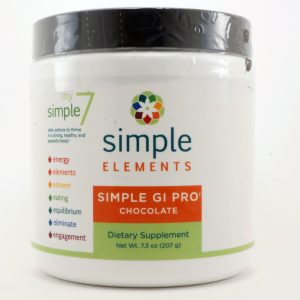One of the most common concerns of patients is a lack of quality, restful sleep. Whether you toss and turn all night long or experience difficulty falling asleep, you may be among the population of sleep-deprived adults in the United States. As we all know, a night of disrupted sleep makes it difficult to function during a busy day. Further, developing a chronic sleep debt can negatively impact your health.
Sleep deprivation can affect alertness (Thomas et al., 2000), capacity for making decisions (Harrison & Horne, 2000), occupational injuries (Barnes & Wagner, 2009), and employee well-being (NIOSH, 2004).
Sleep is vital for a variety of functions, including memory consolidation, muscle growth, tissue restoration, and hormone production. It’s also the cheapest (and lowest energy expenditure) activity you can do to practice well-being. So, how do we get more sleep, maximize our body’s potential for recovery and growth, and feel refreshed for the next day?
Plan a sleep routine
We are creatures of habit. It helps to create a routine to prepare for a restful night’s sleep. If you tend to lose track of time during the evening, create a sleep schedule by setting an alarm on your phone. If you need to use technology, set your devices to night mode to decease your exposure to blue light, which can curb the secretion of melatonin. You can also place your phone on “Do Not Disturb” mode to prevent any late-night notifications that can startle you awake.
Stay Consistent
Try to go to sleep at the same time every night (including weekends) and wake up around the same time every morning. A consistent bedtime will help to set your internal clock. In doing so, you increase the likelihood that you will sleep through the night and wake up feeling rested.
Wind Down
At least two hours before you go to sleep, practice behaviors that tell your brain and body you are preparing to rest. Remove your contact lenses, take a warm shower or bath, turn down your covers, etc. Find small ways to practice self-care, especially if you have been giving energy to others throughout the day.
Make Your Bedroom a Sacred Place
Set limitations for the activities of your bedroom. Avoid working on your computer or watching Netflix on your tablet as you prepare to fall asleep. Save your bedroom for sleep and intimate time with your partner. Create a comfortable space by adjusting the temperature (60-67 degrees is recommended), remove distractions such as bright lights, and add accessories that may help you sleep better, such as fans or humidifiers.
Even with all of the best sleep intentions, you may still need some help calming your body and mind for a great night of sleep. Dr. Durland offers a number of natural supplements that can help boost cellular energy production. The Simple Multivitamin recharges energy production, Insomnitol Chewables (sold only in office) helps promote the calming of brain activity, Liposomal NeuroCalm (sold only in office) supports a calm effect and a healthy response to stress and Melatonin SRT (sold only in office) can also be useful for regulating sleep and the body’s daily rhythmic cycle. If you would like help finding the right sleep supplement for you, feel free to contact our office for a complete consultation.
SOURCES:
https://www.health.harvard.edu/staying-healthy/blue-light-has-a-dark-side
Barnes, C., & Hollenbeck, J. 2009. Sleep deprivation and decision-making teams: Burning the midnight oil or playing with fire? Academy of Management Re- view, 34: 56–66.
Harrison, Y., & Horne, J. A. 2000. The impact of sleep deprivation on decision making: A review. Journal of Experimental Psychology: Applied, 6: 236 –249.
National Institute for Occupational Safety and Health. 2004. Overtime and extended work shifts: Recent findings on illnesses, injuries, and health behav- iors. Publication 2004-143. Cincinnati: National In- stitute for Occupational Safety and Health.
Thomas, M., Sing, H., Belenky, G., Holcomb, H., May- berg, H., Dannals, R., Wagner, H., Thorne, D., Popp, K., & Rowland, L. 2000. Neural basis of alertness and cognitive performance impairments during sleepi- ness: Effects of 24 h of sleep deprivation on waking human regional brain activity. Journal of Sleep Re- search, 9: 335–352.
___
 Dr. Lauren Easton is a Doctor of Philosophy, Health and Psychology of Physical Activity from the University of Kansas. She also holds a Ed.S. in Counseling and a Master’s of Science in Kinesiology- Sport Psychology from Georgia Southern University. Dr. Easton areas of specialty include goal orientations, optimizing experiences with physical activity + nutrition, exercise psychology, goal-setting plans, and strategies for health-related behavior changes. Dr. Easton is a key component to the Simple Weight Loss Program, assisting patients in experiencing growth throughout the weight loss process and maximizing their experience in physical activity, nutrition, and other health-related behaviors. Dr. Easton also leads the Simple Wednesday Walking Group every week starting at 7am in the Simple Wellness parking lot.
Dr. Lauren Easton is a Doctor of Philosophy, Health and Psychology of Physical Activity from the University of Kansas. She also holds a Ed.S. in Counseling and a Master’s of Science in Kinesiology- Sport Psychology from Georgia Southern University. Dr. Easton areas of specialty include goal orientations, optimizing experiences with physical activity + nutrition, exercise psychology, goal-setting plans, and strategies for health-related behavior changes. Dr. Easton is a key component to the Simple Weight Loss Program, assisting patients in experiencing growth throughout the weight loss process and maximizing their experience in physical activity, nutrition, and other health-related behaviors. Dr. Easton also leads the Simple Wednesday Walking Group every week starting at 7am in the Simple Wellness parking lot.



